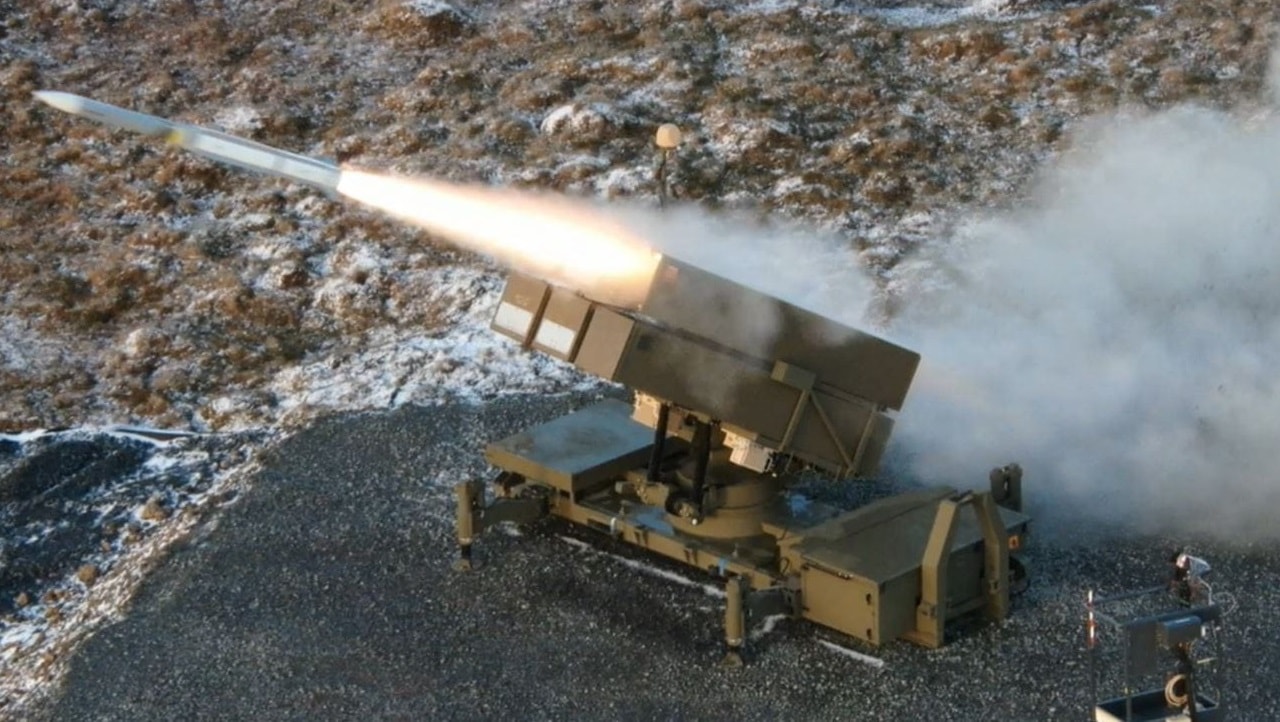After the Chinese government released its 12-point plan to achieve peace in Ukraine, Moscow responded by shooting down the entire proposal and insisting that Russia’s demands must be met before the war comes to an end.
The rebuttal of China’s proposal, while respectful, indicates once again that the Kremlin is not interested in negotiations to end the war, and expects both Ukraine and NATO to accept the legitimacy of the Russian “annexations” of not just Donetsk and Luhansk Oblasts, but Zaporizhzhia and Kherson, too.
The Kremlin’s response to the plan presumably wasn’t what China wanted to hear after President Xi Jinping promised his country would remain neutral in the conflict even during face-to-face meetings with the Russian president.
Kremlin spokesman Dmitry Peskov said this week that while the plan should be studied in detail, it does not accept the conditions Russia has already deemed non-negotiable outlined within the plan.
“We paid a lot of attention to our Chinese friends’ plan,” Peskov said, according to the Moscow Times.
“For now, we don’t see any of the conditions that are needed to bring this whole story towards peace.”
U.S. President Joe Biden also expressed skepticism about China’s proposals last week, telling ABC’s David Muir over the weekend that the plan only benefitted Russia.
“I’ve seen nothing in the plan that would indicate that there is something that would be beneficial to anyone other than Russia if the Chinese plan were followed,” the president said, adding that China assisting with negotiations to bring the war to an end is “just not rational.”
What Did China Propose?
On Friday, China released a 12-point plan to gradually de-escalate the conflict in Ukraine.
The plan was released on the first anniversary of the outbreak of the Russian invasion and called on both sides to “stay rational and exercise restraint” and to “avoid fanning the flames and aggravating tensions” to ensure that the situation does not spiral out of control.
According to the plan, which was released by the Chinese Foreign Ministry, the West would end sanctions against Russia, new humanitarian corridors would be opened to aid with the evacuation of Ukrainian civilians, and further measures would be taken to ensure that food can leave the shores of Ukraine on ships.
However, the plan also calls for the end of the threat of nuclear warfare in Europe and fails to insist upon the recognition of the annexed regions of Ukraine as Russian.
China has proven its neutral credentials in one sense, given that Russia was not overwhelmingly favored in the proposal.
However, several references to the end of the “Cold War mentality” in the proposal are a stark reminder that China remains strongly opposed to the United States’ global influence and is likely preparing for long-term diplomacy with Russia as China seeks to become the world’s foremost superpower.
MORE: B-21 Raider: China Should Fear America’s New Stealth Bomber
MORE: H-20: China Is Building a New Stealth Bomber
MORE: Is Russia’s Su-57 Felon Stealth Fighter a Total Bust?
MORE: Merkova: Israel Has A Super Tank
Jack Buckby is 19FortyFive’s Breaking News Editor. He is a British author, counter-extremism researcher, and journalist based in New York. Reporting on the U.K., Europe, and the U.S., he works to analyze and understand left-wing and right-wing radicalization, and reports on Western governments’ approaches to the pressing issues of today. His books and research papers explore these themes and propose pragmatic solutions to our increasingly polarized society.

